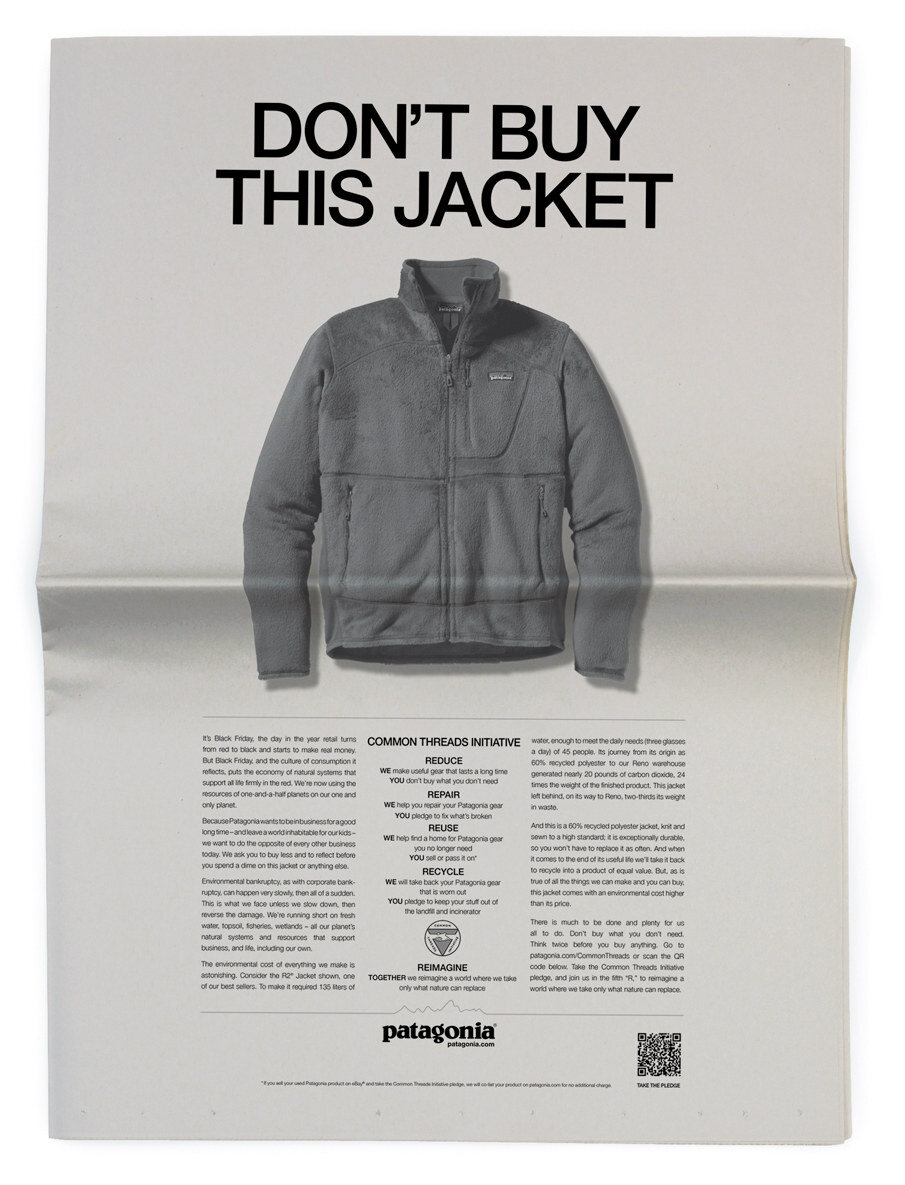Black Friday And The End of Discounted Morals
Ciao and welcome back! To begin this week’s meeting there is a very important question I must ask everyone out there: How was last Friday? To start with, mine was immensely cheap and exhausting, you might wonder why or already know the answer: the myth, the legend – Black Friday. The one day each year where nobody can shame your shopaholic character, the lust to spend money on the strangest things and your bank account balance, or can they? Black Friday, the day that combines fashion with business strategy upfront. Roaming around the shops and malls of Milan I couldn’t help but wonder: Why does this Black Friday feel different then all the others before and how does Black Friday affect the environment, if this much clothing is mass produced?
Black Friday - the day were Christmas shopping begins - started with retail stores like Walmart in the US and slowly crept its way into high end malls and designer stores. It seems questionable how such a trend can even get the great designer houses of the world to part take in it. Black Friday has indeed become a “hype” that many companies want to profit from. Not having discounts lined up on Black Friday almost makes you an outsider in the shopping blur. At the same time these entities take a risk. Black Friday being so close to the end of the year, makes companies rely on the spike in sales to raise their bottom line. Savvy shoppers on the other hand expect these discounts and sales, but before and after Black Friday the demand is rather flat. Through the discount, retailers cannibalize their own sales encouraging consumers to buy their goods only on Black Friday, henceforth destroying their own competitiveness in the market for the rest of the shopping season. The consumerist approach that we have taken in this century seems rather shocking, we feel scared to miss out on things and feel like we need excessive amount of goods, although we are already oversaturated and all this of course to the dismay of companies that try reach the sales they need.
Artists like Barbara Kruger take these topics and confront consumer consciousness and spending patterns. Using pronouns in her work she directly addresses the viewer thus eliminating the space between the action of consumerism and its conscience. Addressing these topics is important to solve the dilemma that we face and shows what kind of reach this problem has. Certainly, in the political and social climate that we have inevitably reached, we have to face not only the clear-cut problems, but the psychological drawbacks and excess consumerism as well.
Recently there has been a development that has not surprisingly risen from an environmentalist: “Make Friday Green again”. Originating in France, this movement aims to encourage consumers to not partake in Black Friday’s shopping rush, but rather start recycling and selling one’s own clothes. Due to huge discount events, such as Black Friday, retail stores often overproduce clothes, leading to higher emissions, because in the end everything that has a price to it also has an environmental cost of production. On the one hand this initiative is completely understandable, on the other the temptation to buy an article seems greater, especially for those that can finally afford buying these kinds of goods. For me the problem doesn’t lay with Black Friday and the discounts but rather with the mass production methods that companies use to meet the demand. There must be a structural and technological change in production methods rather than abolishing traditions. The core problem must be solved, especially now that the younger generation expects answers to the problems we create.
Patagonia Advertisement in the New York Times




